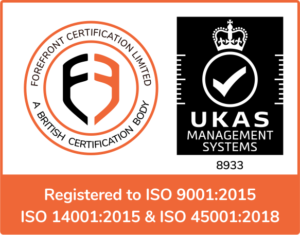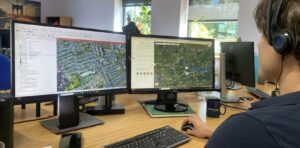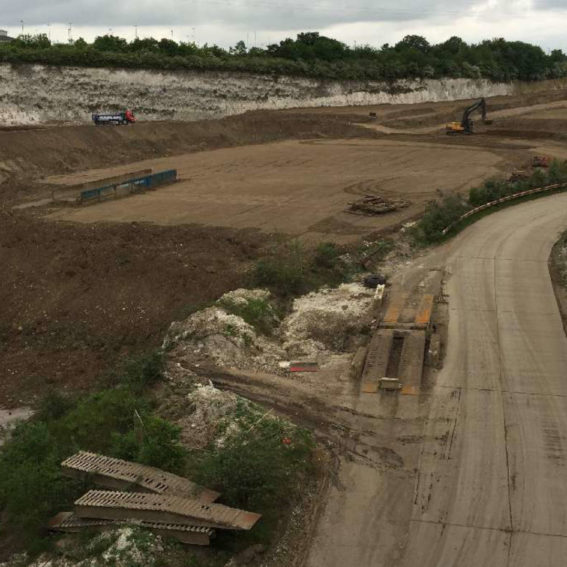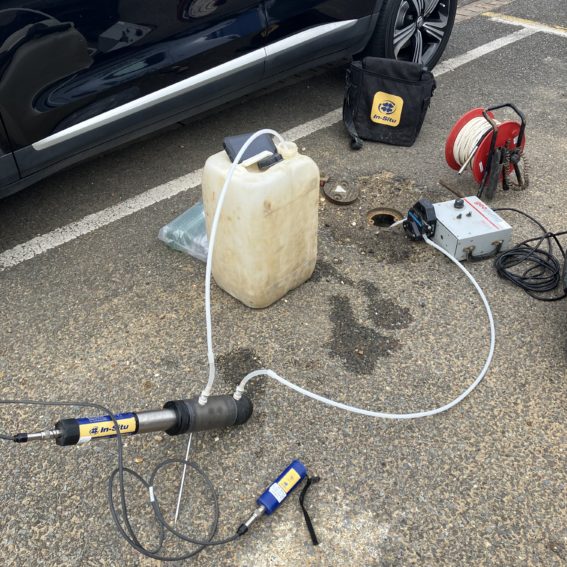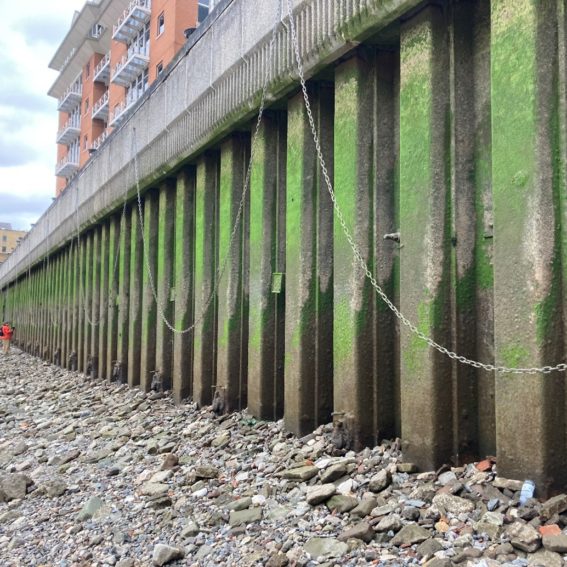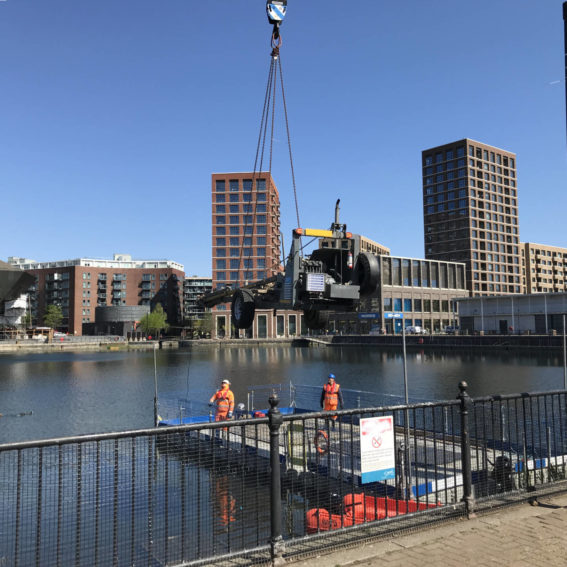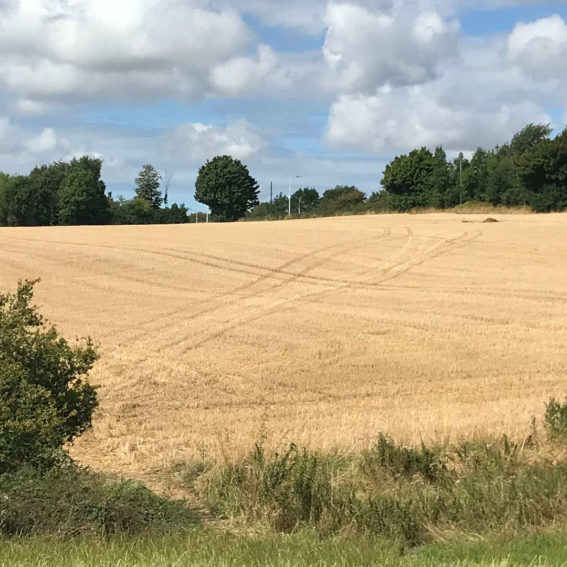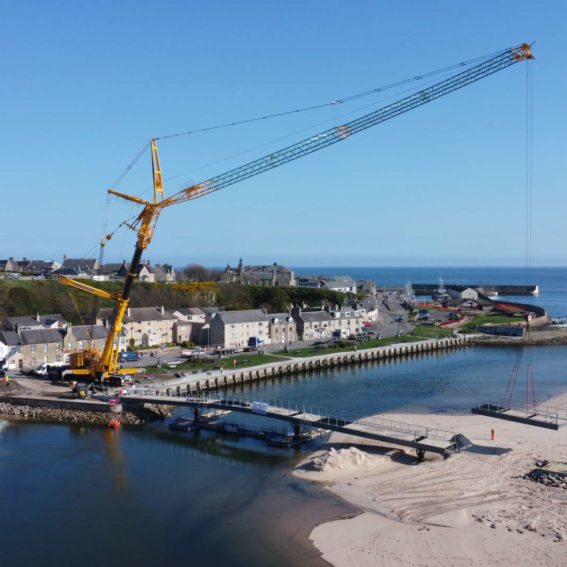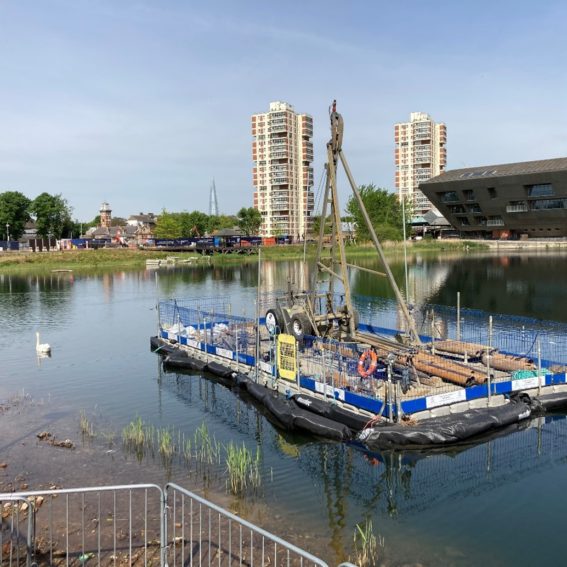
Contact Us
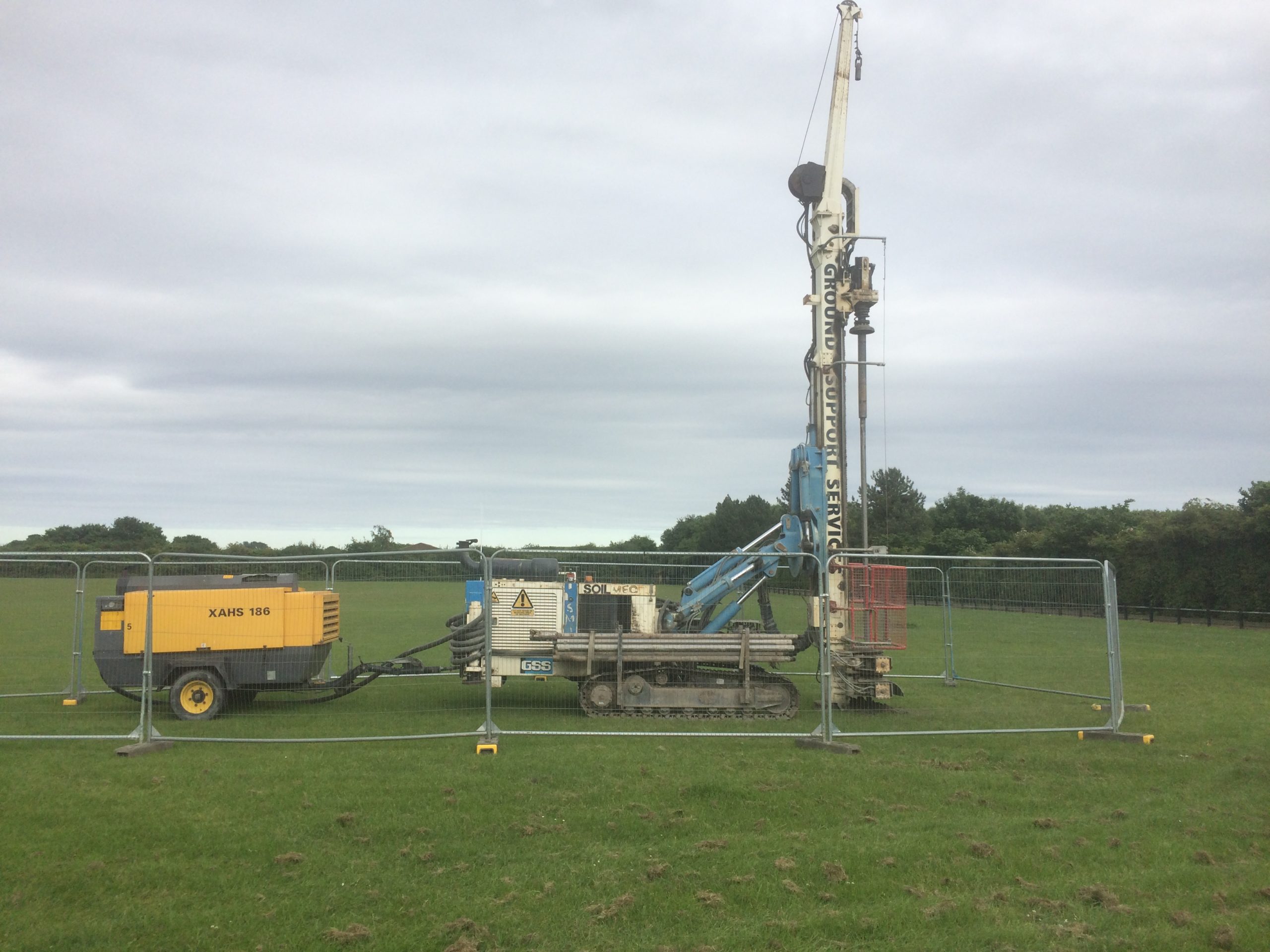
Ground Investigations
When ground investigations are scoped effectively they are a valuable tool in managing ground related risks. We believe their importance cannot be understated, as they play a critical role in almost all development projects.
A good ground investigation will enable the design team to develop appropriate, efficient and buildable solutions to manage ground risks; avoiding costly and unnecessary delays. This is why we design the scope of work after the desk study and initial identification of geotechnical and geo-environmental hazards. Our experienced teams can adjust the scope on-site based on real-time findings to maximize value from the investigation.
There’s an old saying: “You pay for a ground investigation whether you have one or not” (Prof Littlejohn, 1991). So, why take the risk? Talk to one of our experts today via this contact form, or by emailing enquiries@soiltechnics.net
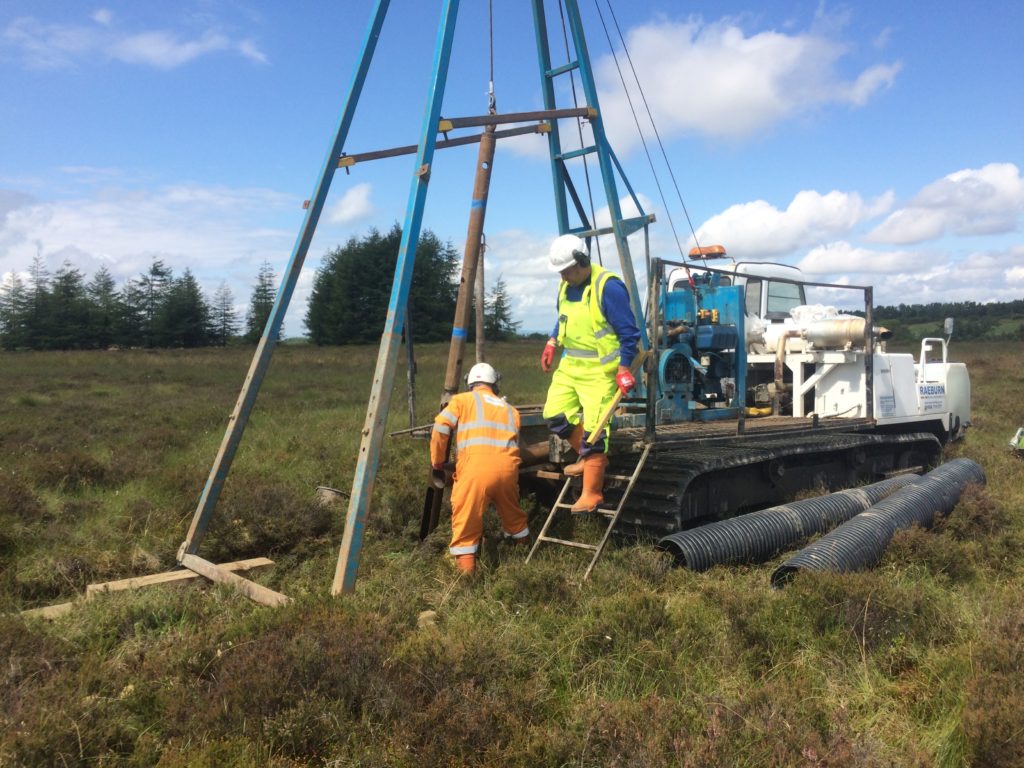
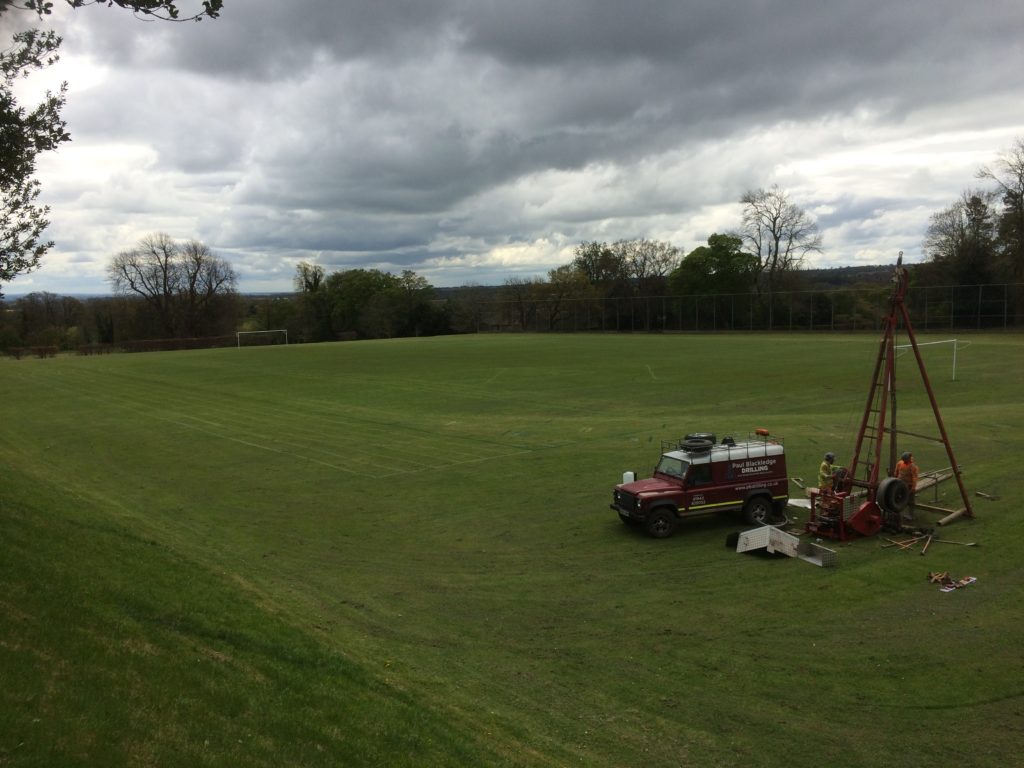
The term ‘Ground Investigation’ covers all actions taken to understand the characteristics of a ‘site’. The range of activities, investigation methods and desired outcomes is incredibly varied.
What Are Ground Investigations?
At the most general level, a ground investigation is an assessment of a site to:
- ensure it is suitable for either its current or intended purpose,
- identify the measures required to render a site suitable,
- provide soil parameters.
In addition, ground investigations are required to demonstrate that the site can be developed safely. For example, this could be due to risk from the ground to structures, or contaminants posing a risk to people. All ground investigations are site-specific and should be designed after the desk study.
We commonly undertake investigations using a variety of techniques including; trial pits, rotary coring, cable percussion, dynamic windowless sampling, cone penetration testing (CPT) and geophysical surveys amongst others.
What Our Clients Say
"Vision Survey have worked with Soiltechnics for several years, initially forging a strong working relationship with their Manchester office, which has since expanded to include our respective southern offices. We appreciate their excellent professional conduct, their collaborative working approach and ultimately, in knowing that we can rely on them to meet our requirements."
Nathan Pickering, Regional Operations Lead – Vision Survey
"Soiltechnics have provided a range of soil reports, ground investigation surveys, remediation strategies and verification reports for parks and open space improvement projects in Southwark. They have also provided clear and concise expert advise on ground/soil related issues which have occurred during construction phase. Soiltechnics are a valued, reliable consultant we will continue to approach for similar schemes”
Matthew Hill, Project Manager – Southwark Council
“Just wanted to say that I was very impressed with the site team this week. The site engineer showed great leadership on site, delivering the works on time, and kept us updated with daily diaries and updates throughout. The engineer also promptly provided me with certifications for all of the drilling rigs and equipment the guys were using without me having to ask for it, which isn’t typical of all of our subcontractors!”
Lewis Brown, Site Manager Projects – The Clancy Group
Related Articles
